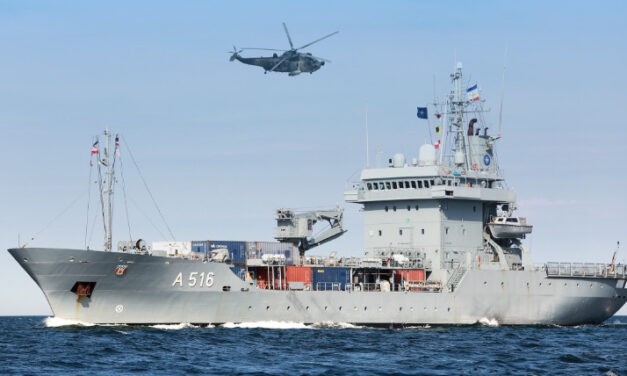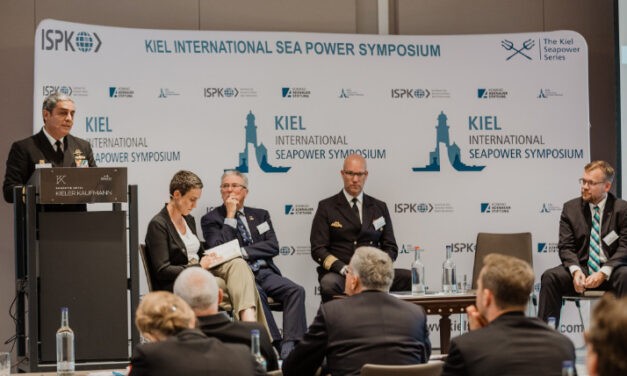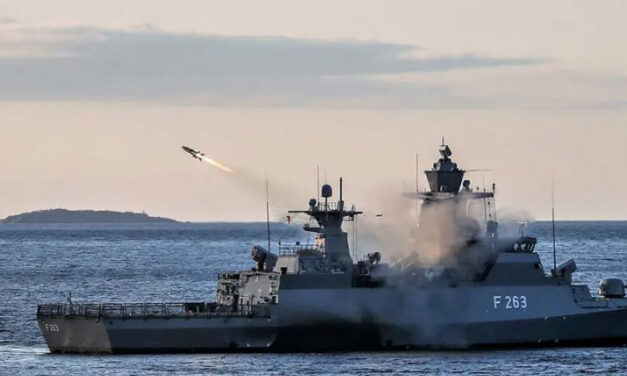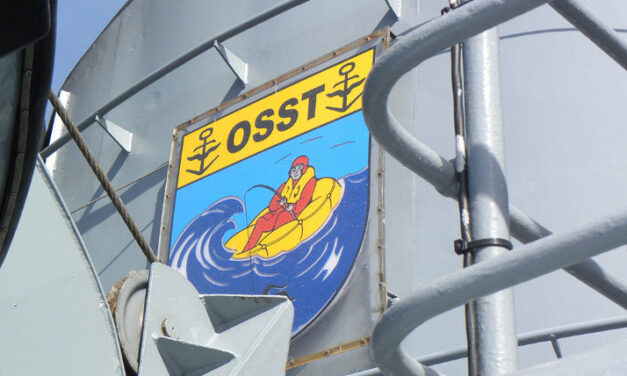Operational diversity and professionalism
The turnaround proclaimed by Chancellor Olaf Scholz not only brings with it a lot of money, but also a return to national and alliance defence. What consequences does this have for Flotilla 1? An interview with its commander, Flotilla Admiral Henning Faltin. Admiral, where does Operational Flotilla 1 stand today? The caesura of the Russian war of aggression against Ukraine heralded a turning point in security policy, which presents our armed forces with new challenges. The consequence is an indispensable concentration on the core mission and, to a certain extent, demands a return to the core mission of national and alliance defence. In this context, the Einsatzflottille 1 with its operational focus on the northern flank and...
Weiterlesen






Latest comments